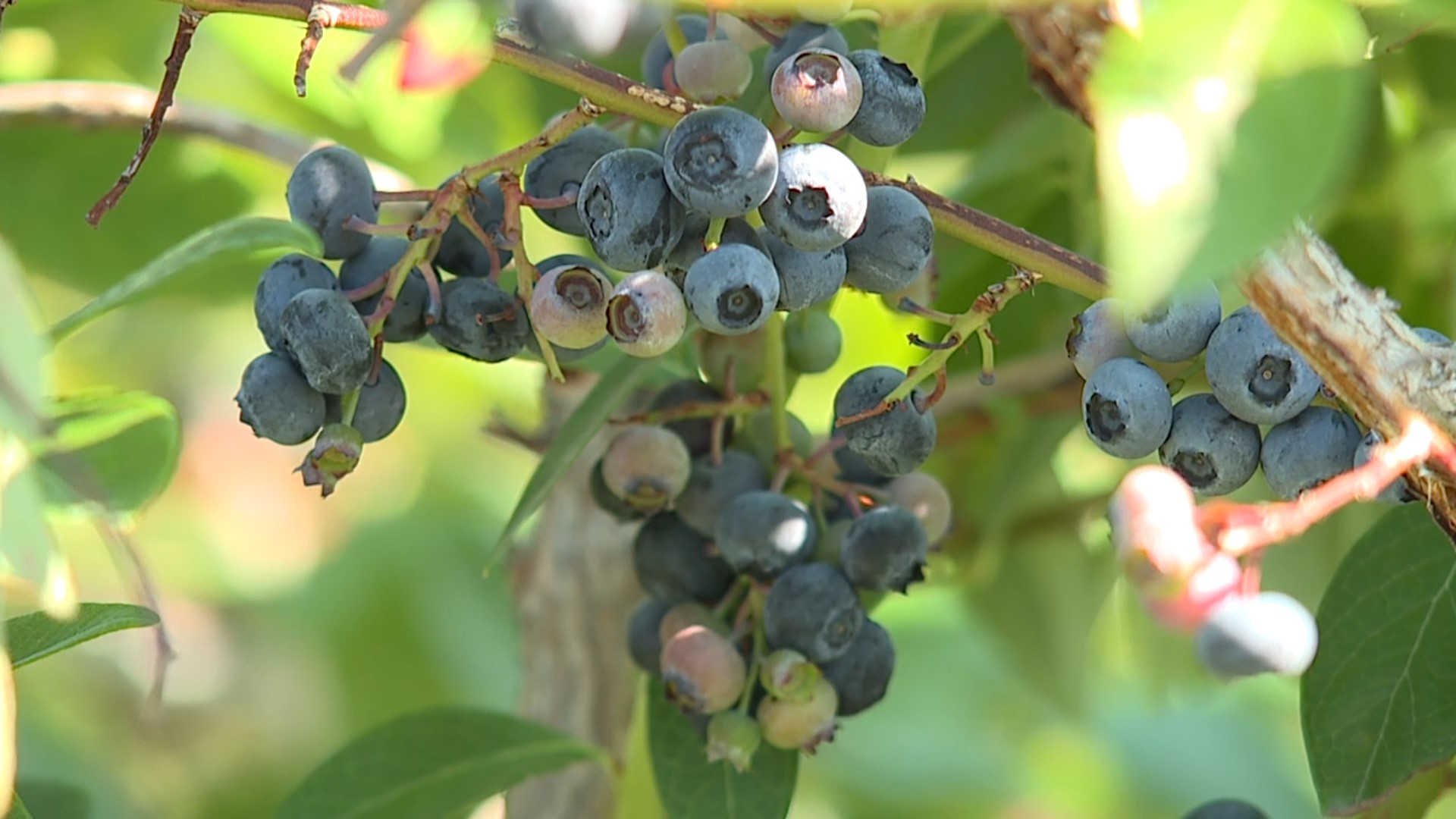YORK, Pa. — Fruits and vegetables are an important part of any healthy diet.
They provide essential vitamins and minerals, but unfortunately, they can also be covered in pesticides.
Pesticides are designed to kill pests, fungus and weeds.
“Pesticides are designed to be toxic in nature; they are designed to kill some sort of organism,” said Alexis Temkin, Ph. D., a senior toxicologist at the Environmental Working Group (EWG). “While they can be very targeted for those specific things, what we often see is there are off target-effects.”
Temkin says pesticides can have a negative effect on a child's developing brain, cause infertility and, in some cases, lead to cancer.
“It’s why we advocate for really reducing exposure overall when you can, especially in those really sensitive windows. Pregnancy or early life," Temkin said.
To help families make smarter choices about what they eat, EWG used data from the USDA Pesticide Data Program to put together the Shopper's Guide to Pesticides in Produce. It’s a ranking of 46 fruits and vegetables based on their pesticide content.
The USDA tests the produce based on how it's typically consumed, meaning they peel or scrub and wash the produce before testing.
Out of that list, they came up with the “Dirty Dozen,” which is the produce with the most pesticides. Strawberries, spinach, kale, collards and mustard greens earned the worst ranking. New to the “Dirty Dozen” this year: blueberries and green beans.
They also list the “Clean Fifteen,” which is the produce with the least pesticides. Avocado, sweet corn and pineapple earned the top spots.
“Fruits and vegetables are extremely important in people’s diets; people should probably be eating more than we typically are on a whole, and it’s certainly not designed to scare people away from that,” said Temkin. “In fact, it’s designed to be a tool to get people to consume more fruits and vegetables without the added risk of pesticide residues.”
Temkin says two ways to help keep your family's pesticide consumption low is to shop organic or stick to fruits and vegetables on the “Clean Fifteen” list.

